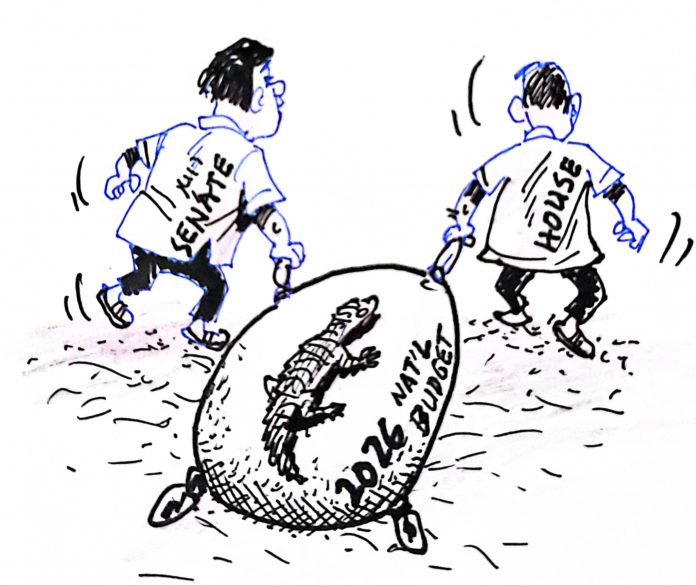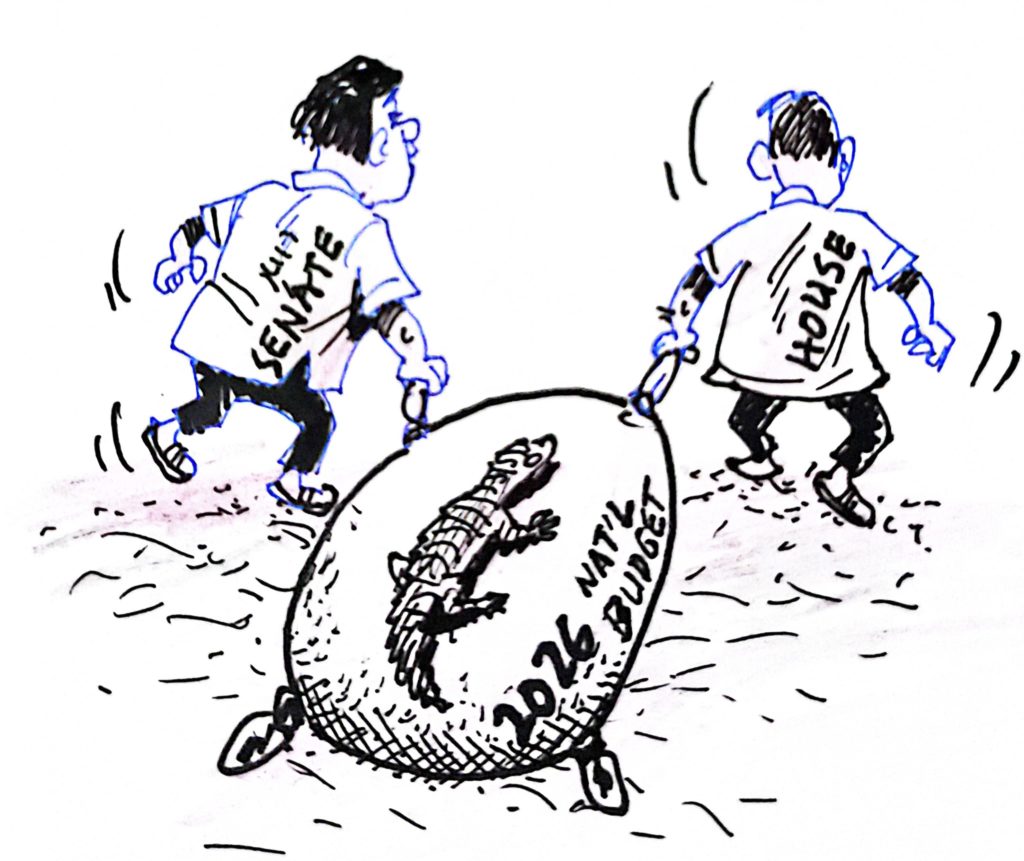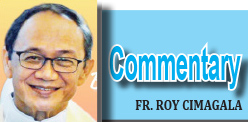
An entrepreneurial ecosystem is more than just a collection of startups; it’s a complex and interconnected network of resources, institutions, and individuals that foster innovation, support new ventures, and drive economic growth. A thriving ecosystem provides fertile ground for entrepreneurs to flourish, increasing their chances of success and creating a ripple effect of positive impact. But what are the key ingredients that make an entrepreneurial ecosystem truly successful?
1. Access to Funding: Fueling the Fire
Capital is the lifeblood of any startup, and a successful ecosystem provides entrepreneurs with access to a diverse range of funding sources. This includes:
Angel Investors: High-net-worth individuals who invest in early-stage companies in exchange for equity.
Venture Capital Firms: Firms that invest in high-growth potential companies in exchange for equity.
Government Grants and Programs: Public funding initiatives designed to support small businesses and innovation.
Crowdfunding Platforms: Online platforms that allow entrepreneurs to raise capital from a large number of individuals.
Incubators and Accelerators: Programs that provide seed funding, mentorship, and resources to early-stage startups.
A healthy funding landscape ensures that promising startups have the resources they need to develop their products, scale their operations, and compete in the global market.
2. Talent Pool: The Human Capital
A successful ecosystem attracts and retains a skilled and diverse talent pool. This includes:
Entrepreneurs: Individuals with the vision, drive, and risk tolerance to start and grow new businesses.
Engineers and Scientists: Individuals with the technical expertise to develop innovative products and services.
Business Professionals: Individuals with the skills in marketing, sales, finance, and operations to manage and scale businesses.
Mentors and Advisors: Experienced entrepreneurs and industry experts who provide guidance and support to startups.
Researchers and Academics: Individuals who conduct research and develop new technologies that can be commercialized.
A strong talent pool provides startups with access to the expertise and skills they need to succeed.
3. Supportive Infrastructure: The Foundation for Growth
A successful ecosystem has a well-developed infrastructure that supports entrepreneurship. This includes:
Co-working Spaces: Affordable and collaborative workspaces that provide startups with access to office space, equipment, and networking opportunities.
Incubators and Accelerators: Programs that provide startups with mentorship, resources, and access to funding.
Research Institutions and Universities: Institutions that conduct research, develop new technologies, and train future entrepreneurs.
Legal and Accounting Services: Affordable and accessible legal and accounting services to help startups navigate complex regulations and manage their finances.
Broadband Internet Access: Reliable and affordable broadband internet access to enable startups to connect with customers and partners around the world.
A supportive infrastructure makes it easier for startups to launch, grow, and scale their businesses.
4. Culture of Innovation: Embracing Risk and Experimentation
A successful ecosystem fosters a culture of innovation that encourages risk-taking, experimentation, and collaboration. This includes:
Tolerance for Failure: A recognition that failure is a learning opportunity and that entrepreneurs should not be penalized for taking risks.
Open Communication: A willingness to share ideas, knowledge, and resources among entrepreneurs, researchers, and investors.
Collaboration: A culture of collaboration between startups, established companies, and research institutions.
Celebration of Success: A recognition and celebration of entrepreneurial success to inspire others.
A culture of innovation creates a positive and supportive environment for entrepreneurs to thrive.
5. Supportive Government Policies: Creating a Level Playing Field
Government policies can play a significant role in fostering a successful entrepreneurial ecosystem. This includes:
Tax Incentives: Tax incentives for startups and investors to encourage investment and innovation.
Streamlined Regulations: Streamlined regulations to reduce the burden on startups.
Access to Capital: Government-backed loan programs and grants to provide startups with access to funding.
Education and Training Programs: Education and training programs to develop the skills and knowledge of future entrepreneurs.
Intellectual Property Protection: Strong intellectual property protection to encourage innovation.
Supportive government policies create a level playing field for startups and encourage entrepreneurship.
6. Strong Networks: Connecting the Dots
A successful ecosystem has strong networks that connect entrepreneurs with investors, mentors, customers, and other resources. This includes:
Industry Associations: Associations that bring together companies in a specific industry to share knowledge and collaborate.
Networking Events: Events that provide opportunities for entrepreneurs to meet investors, mentors, and other potential partners.
Online Communities: Online communities that allow entrepreneurs to connect with each other, share ideas, and ask for advice.
Alumni Networks: Networks of alumni from universities and other institutions who can provide support and mentorship to startups.
Strong networks facilitate the flow of information, resources, and opportunities within the ecosystem.
Conclusion
A successful entrepreneurial ecosystem is a complex and interconnected network of resources, institutions, and individuals that foster innovation, support new ventures, and drive economic growth. By focusing on these key elements, communities can create a fertile ground for entrepreneurs to flourish and build successful businesses.
————–
If you have any questions or would like to share your thoughts on the column, feel free to send an email to jca.bblueprint@gmail.com. Looking forward to connecting with you!






